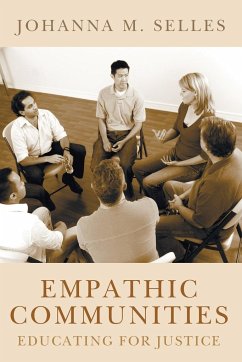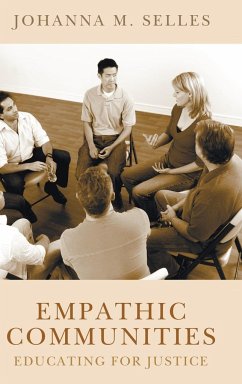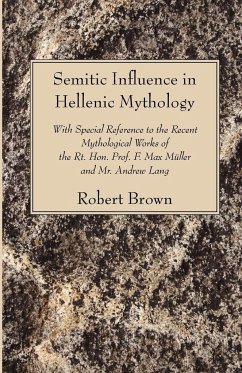Empathy is generally considered a useful skill for professional students in the helping professions, such as medicine, nursing, teaching, and clergy. This book examines the pedagogical and curricular implications of educating for empathy. Empathy is described as consisting of both cognitive and affective elements. Students may demonstrate empathic abilities on a continuum from an empathic deficit to empathic overload. Mentoring, reflection, journaling, and an understanding of spiritual formation can be helpful to professional students in learning how to engage empathy. For both the professional and the client, empathy can enhance the encounter and the professional relationship. Building on the inherent potential for relationality, professionals engaging empathy bring respectful humility into their encounters that can facilitate intercultural understanding in a diversifying and complex world. ""Johanna Selles has written a compelling book on the importance of empathy in professional relationships, especially those fostered in ministry and health care work. The reader will gain much from the impressive clarity and creative applicability of her analysis. In fact, the book should be required reading for all concerned about the care of persons and the practice of compassionate justice."" --Thomas Reynolds Theology, Emmanuel College University of Toronto ""Regardless of how empathy is defined--and I take it as more an emotion than a skill--openness to the client/patient is here analyzed and extended by Johanna Selles. Her meditation, resting on analysis and experience, will benefit all who contemplate what she has learned."" --Howard Spiro, MD Emeritus Professor of Medicine at Yale Medical School Founder of the Program for Humanities in Medicine at Yale ""In this book Johanna Selles links two often detached ideas--empathy and justice--by showing how empathy serves the purpose of justice in the helping professions. Scholarly and well-grounded in the literature, Selles has nevertheless presented her argument in a fresh and clear writing style, making it accessible for the students and teachers who are its audience. Selles shows how complex and varied the treatment of 'empathy' is--and therefore how difficult it is to teach."" --Pamela D. Couture Jane and Geoggrey Martin Chair in Church and Community Emmanuel College of Victoria University ""Empathetic Communities is a helpful and liberating conversation on one of the most crucial skills necessary for practitioners in the helping professions. Selles offers a careful and rational argument for empathy as a critical skill and paradigm for all caring relationships, drawing from the experience of the medical profession . . . As a Clergy person and denominational staff, I would recommend this book as required text for all engaged in ministry formation."" --Michael Blair Executive Minister Communities in Ministry United Church of Canada Johanna Selles is Associate Professor of Christian Education/Faith Formation at Emmanuel College of Victoria University in the University of Toronto. She is the author of Methodists and Women's Education in Ontario, 1836-1925 and The World Student Christian Federation (1895-1925).








